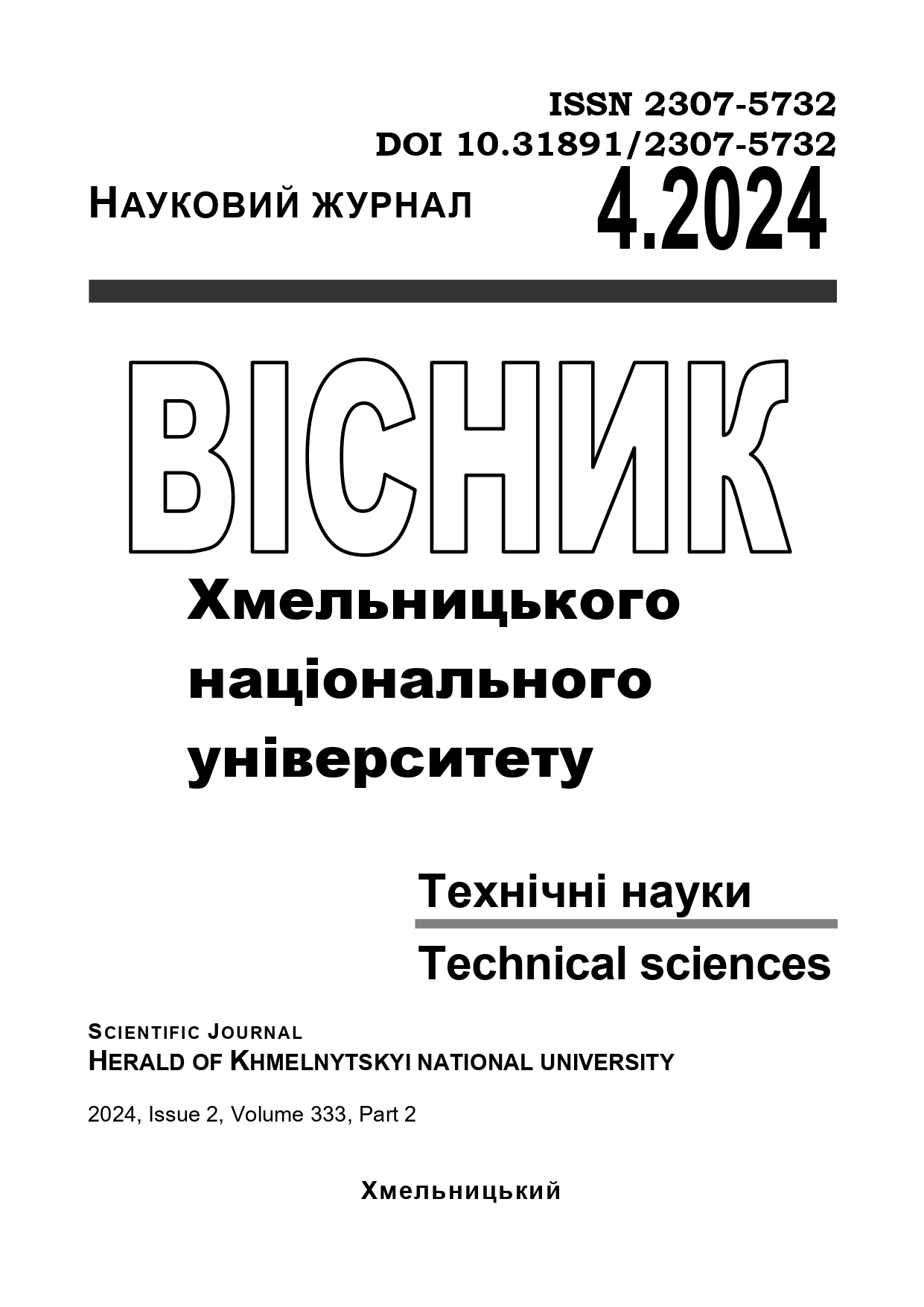EVOLUTIONARY AND REVOLUTIONARY PROCESSES OF THE DEVELOPMENT OF KNOWLEDGE MANAGEMENT INFORMATION SYSTEMS
DOI:
https://doi.org/10.31891/2307-5732-2024-339-4-50Keywords:
knowledge, knowledge management, knowledge management systems, knowledge management information systems, knowledge management systems softwareAbstract
The work presents the results of research into the main concepts of generation, preservation and use of knowledge, development of knowledge management systems. Historical discourse focuses attention on the stages of creating knowledge management systems for individuals and communities. Revolutionary processes are changes in information and management technologies, the introduction of knowledge bases, special software for knowledge management of organizations. The purpose of the work is to study the main stages of development of knowledge management systems to determine development trends and create a conceptual model of knowledge management. The study of evolutionary and revolutionary aspects of the development of knowledge management systems is related to the stages of the development of society, concepts of knowledge management and the development of knowledge engineering technologies. Each of the stages of the development of society was accompanied by the development of management - the science of management. The information society is characterized by a surge in the development of knowledge, information technologies and new opportunities for recording knowledge, its preservation, exchange and active use. The development of information systems also influenced the development of knowledge management systems. The creation and development of databases as a structured data repository for storing, modifying and working with information requests is one of the revolutionary stages of knowledge management. In knowledge bases, information processing consists in using logical conclusions to solve problems and answer queries. Cloud technologies make it possible to form shared environments for collaboration and data use. This allows different users to simultaneously work with the same files or databases and knowledge in real time, regardless of their geographical location. Artificial intelligence (AI) and machine learning (ML) are radically transforming the way we process and analyze data. These technologies make it possible to automate routine information processing tasks, perform optimization tasks, create target profiles for information preparation in decision-making processes, etc. discover patterns and insights in large data sets, often exceeding the capabilities of human analysis. Different concepts of knowledge management were introduced to the relevant production systems. The evolution of knowledge development meets the needs of society as a whole and the development goals of individual organizations in accordance with the level of information technology progress. Revolutionary moments are associated with significant changes in the management and information processes of various organizations, the development of artificial intelligence and cloud computing technologies, and the introduction of digital agents as assistants to perform complex knowledge requests. In modern knowledge management information systems, different forms of knowledge management can be used, which effectively interact with each other. The defined forms and features of knowledge are the basis for the formation of a general model of knowledge management information systems for further use by various communities.

